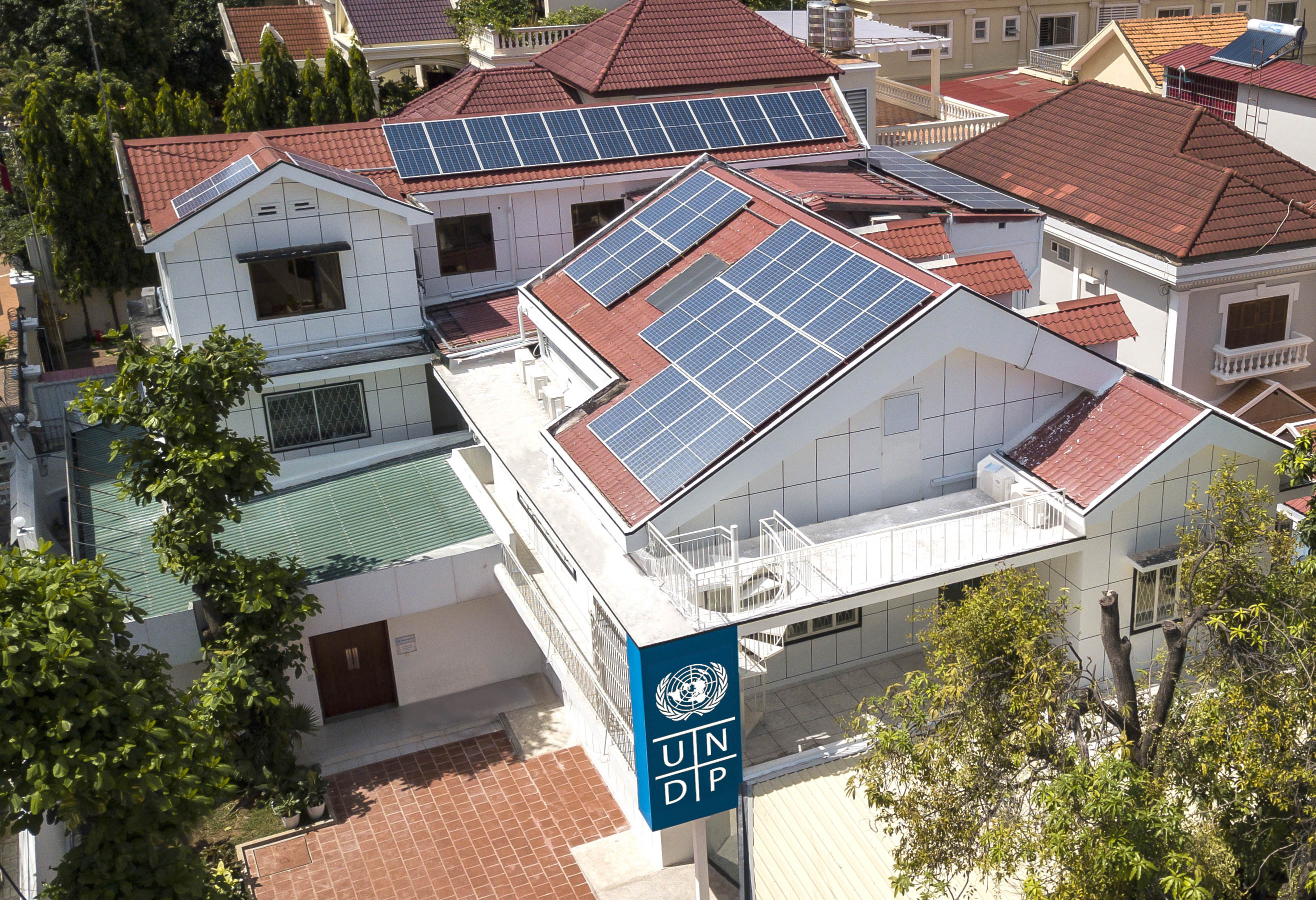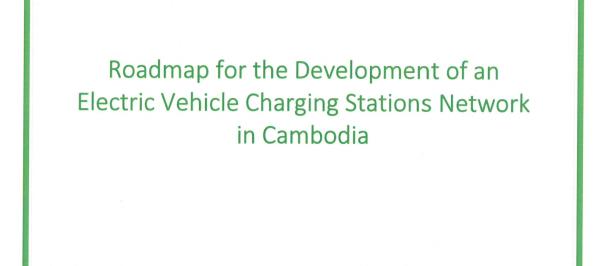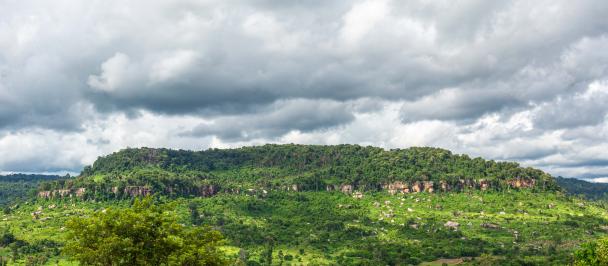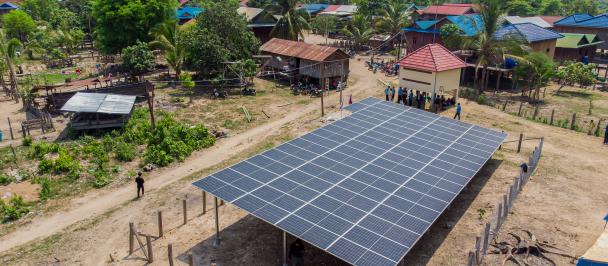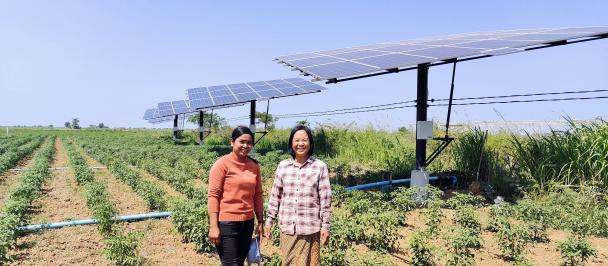UNDP Cambodia Office
Intervention of UNDP Resident Representative
Good afternoon, ladies and gentlemen
It is my great pleasure to join you for the launch of the Clean Energy Week for this year.
First, allow me to express my deepest appreciation to our long-standing partner Energy Lab Asia for organizing the Clean Energy Week since 2018, engaging various stakeholders for the promotion of clean energy in Cambodia for sustainable development.
UNDP is delighted to be a Founding Sponsor of Clean Energy Week since its beginning back in 2018.
Ladies and Gentlemen
We learned the hard way an important lesson from the pandemic: prosperity, people, and the planet are intimately interconnected and interdependent.
While the country is recovering from the COVID-19 impacts, there is a great opportunity to build better for the future. Business as usual will not do anymore.
A few years ago, the National Council for Sustainable Development, the Ministry of Economy and Finance and UNDP worked together to model the economic impacts of climate change for Cambodia. This was a sobering exercise! Results showed that even with a scenario of less than 2°C temperature increase, climate change could reduce Cambodia’s gross domestic product by 10% by 2050 regardless of its progress trajectory.
It is an opportune time to reflect on the energy transition and start shaping investments towards carbon neutrality in line with the carbon neutrality strategy of the Government.
Energy plays an important role in many aspects of our lives. We use electricity for lighting and cooling. We use fuel for transportation, heating, and cooking. Our energy production and use are interconnected with many other aspects of modern life, such as water consumption, use of goods and services, transportation, economic growth, land use, and population growth.
The country’s production and use of energy (of which 56% comes from fossil fuels) also contribute to domestic emissions and thereby to climate change, which affects developing countries, such as Cambodia, and their poorest population the most.
I invite you to see the other side of the coin! Energy transition is not a burden but an opportunity. Cambodia sets to gain significant advantages, namely:
. Lower energy costs for consumers.
. Increase personal disposable income.
. Increase revenue for businesses, including better competitiveness and new market opportunities.
. Increase income, employment, and innovation.
. Reduce fuel costs and new electric power plant construction costs; the savings can be reinvested in other national priorities.
. Reduce health care costs because of better air quality and public health.
. Improve energy precariousness due to fluctuations in prices, supply, and access to fossil fuels.
Why now?
Global economies are struggling to secure energy at accessible prices. At the same time, countries and industries are committing to net-zero targets, including increases in renewable energy. UNDP has been supporting the Government to adopt clean energy opportunities for the past years. More recently, UNDP conducted an analysis on the economic benefits of solar, and we look forward to launching it next week as part of Clean Energy Week.
With significant cost reductions in renewable energy and the adoption of new technologies in grid operations and batteries storage, energy can be cleaner and, in fact, cheaper! It also offers the flexibility to move from centralized to decentralized power generation, where needed.
We have also been supporting the Government to identify options for de-risking renewable energy investments and to increase off-grid energy access through mini-grids in remote areas. We are also working to promote energy efficiency and, most recently, supporting activities around energy code for buildings.
UNDP is walking the talk! As some of you may know, UNDP offices are partly powered by solar energy, and we’re looking into the option to extend the excess to our neighborhood. We have renewed our transport fleet and added electrical motorcycles and cars powered by our rooftop solar panels for cleaner mobility.
What now?
Even before COVID-19 struck, we were entering the most important decade yet for humankind. It was coined as the Anthropocene, meaning the era where the fate of our planet depends on what we as humans do collectively, and we’re collectively performing badly!
Sustainability makes sense. Various studies undertaken during the pandemic showed that companies and societies who included environmental, social, and governance considerations into their growth models are managing better through the crisis. With respect to energy, the pandemic exposed shortcomings in efficiency performance and affordability, intensifying energy insecurity issues for already vulnerable households.
The deployment of clean, renewable energy is a must. It is driven by a wide range of objectives, which include advancing economic development and resilience, improving energy security, enhancing energy access, and mitigating climate change.
We have it in our own hands to use the post-pandemic recovery to tackle two crises at once and change the direction of global warming. The time for talk is over. We need to act, and we need to act now.
Wishing you a great Clean Energy Week, I thank you for your attention.

 Locations
Locations